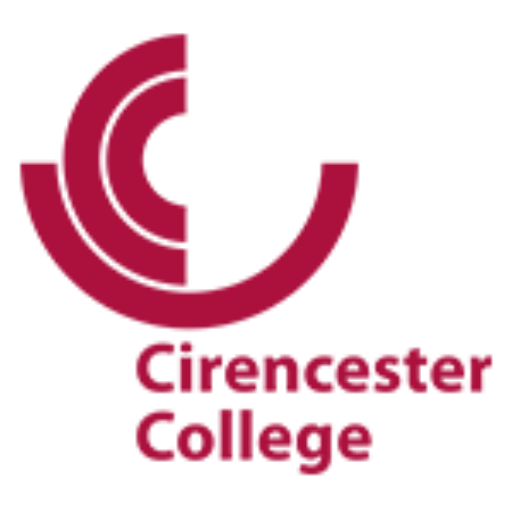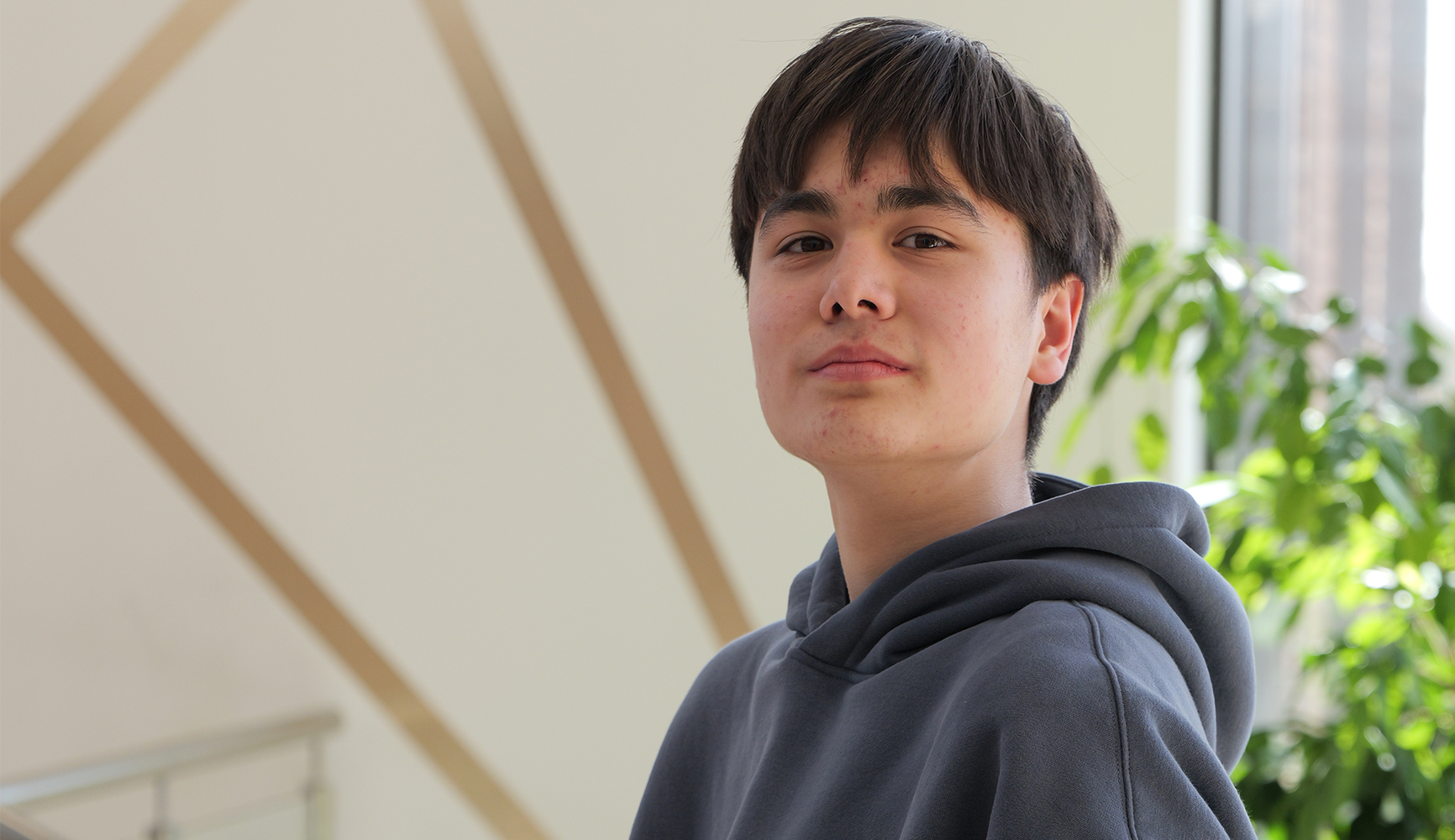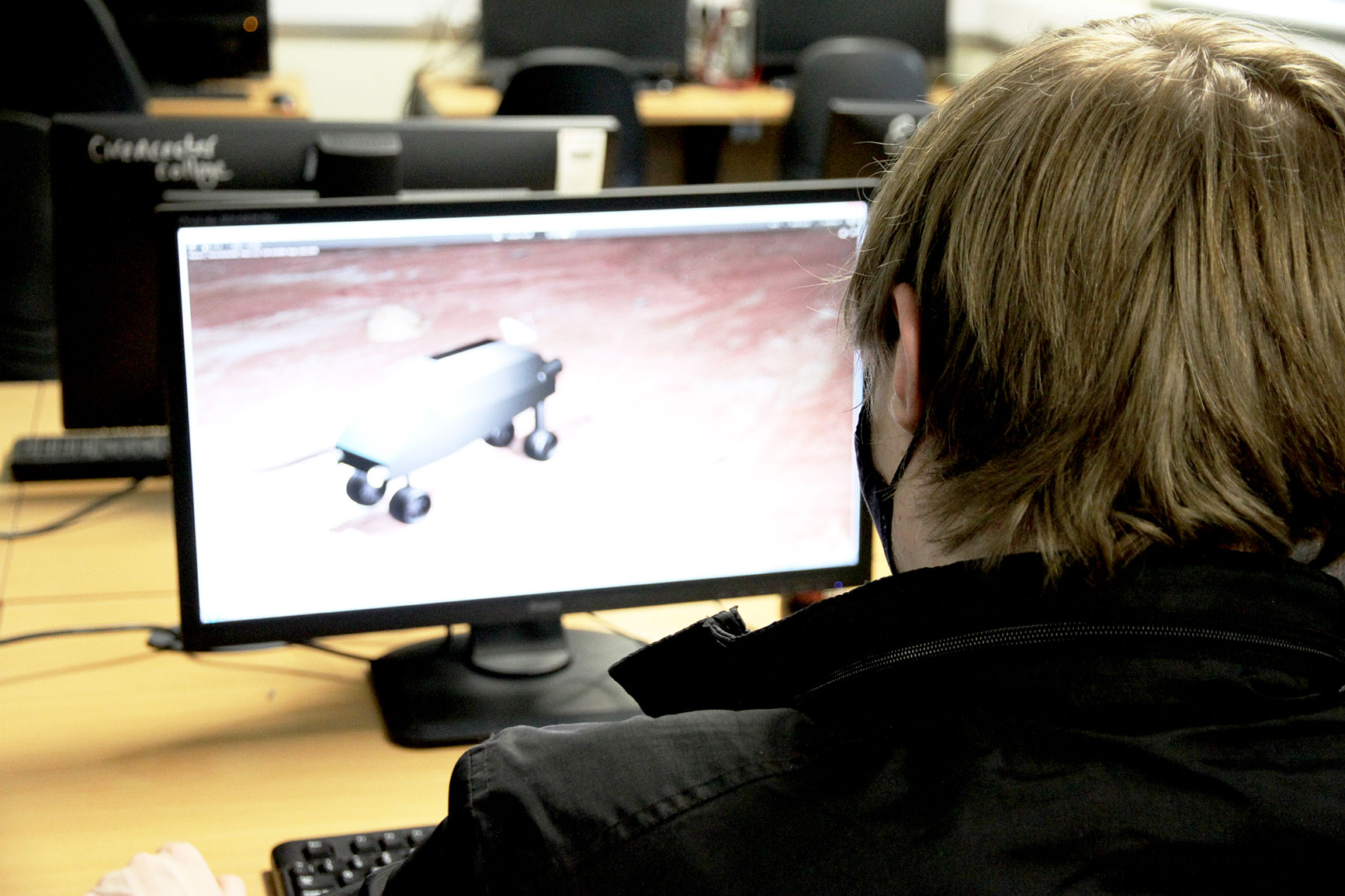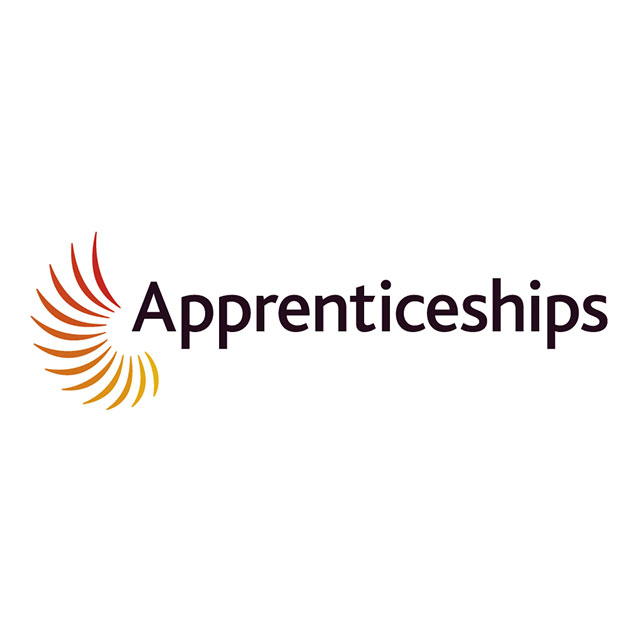DO NOT DELETE OR EDIT THIS ROW OR ITS CONTENTS

Why does light travel through glass and not through metal? If you like asking questions like this and want to find out about the answers then perhaps you should consider studying A-level Physics. Building on your GCSE experiences, we continue the journey of discovery bringing mathematical skills together with physical principles to predict and model the future.
What will I study in Physics A-level?
Through this course, you will gain experience in a wide range of physics. You will consider the weird and wonderful quantum nature of light and matter, learn about electromagnetism, delve into the depths of particle accelerators and explore the vast universe, bringing mathematical skills together with physical principles to predict and model the future.
Entry Requirements
5+ GCSEs at Grade 4 or above, from the core subjects, including English Language. Grade 6 in Physics OR 6 in both Core AND Additional Science plus Grade 7 in Maths.
We strongly recommend that you take A-level Maths alongside Physics.
How will I learn?
In lessons, there is a good variety of activities - including lecturing, experimentation, demonstration, discussion, practice questions, group work and presentations to name but a few.
Outside of lessons - you will be reviewing, practising, reading and researching.
By taking Physics you will be developing and improving a wide range of sort after skills - including problem solving, reasoning, communication, IT, numeracy and practical skills.
How will I be assessed?
The A-level grade is 100% determined from 3 exams at the end of the 2 year course.
There is also a stand alone practical endorsement that you build up over the course by completing practical work. This is awarded as a pass or fail.
Any trips?
There are a range of opportunities for visits. Past trips have included "Physics in Action" at Warwick University, Rutherford Appleton Laboratories, Bristol University & Thorpe Park.
Are there any costs involved?
Students will be expected to buy a lab notebook and a maximum of 8 booklets over the 2 years. Approximate total cost £15.
Device Requirements
MacBook (8GB RAM minimum | M2 or above)
or
Windows laptop (8GB RAM minimum | Ryzen 3 or Intel i3 12th Gen or above)
If you already own a device that meets the technical requirements of your course, you are welcome to bring it with you to college.
If not, more information on a convenient rental and help-to-buy scheme designed specifically for Cirencester College students is linked below.
FAQs
It is challenging but very rewarding and you can obtain a much valued qualification. You will need to be prepared to work hard and think hard. We have a support session every week offering extra help to students.
This is a series of experiments conducted across the 2 years allowing you to develop and demonstrate your practical skills. It does not contribute to your overall grade but is assessed as a pass or fail.
There is a drop in support session held each week open to all students. But if you have any questions do ask or email your lecturer who will provide an answer.
Physics incorporates a lot of maths and students who study maths (and further maths) tend to find the course more fulfilling. If you are thinking about studying physics at university it will be a requirement to have Physics and Maths A-levels.
Awarding Body
OCR
Available As
[56 UCAS pts. available]

Add to Application
What can I do after I have taken this course?
Available As
[56 UCAS pts. available]

Add to Application
Alternative Courses
Why does light travel through glass and not through metal? If you like asking questions like this and want to find out about the answers then perhaps you should consider studying A-level Physics. Building on your GCSE experiences, we continue the journey of discovery bringing mathematical skills together with physical principles to predict and model the future.
What will I study in Physics A-level?
Through this course you will gain experience of a wide range of physics. You will consider the weird and wonderful quantum nature of light and matter, learn about electromagnetism, delve into the depths of particle accelerators and explore the vast universe, bringing mathematical skills together with physical principles to predict and model the future.
The course is delivered in 4 modules
Year 1 - Forces and motion. The physics of motion is build on Newton's 3 laws of motion. We explore the nuances of these well known laws and links them to the suvat equations and Euler modelling. It is all about predicting where an object will be in the future.
Year 1 - Electrons, waves and photons. Electricity is the flow of tiny particles of matter called electrons. We link the behaviour of these particles to Ohm's law and beyond. Electricity is very important to our lives so learning more on this subject is very interesting. Energy can also be transferred using waves. Two waves can overlap and this superposition produces some interesting effects which we explore. Finally the new world of quantum mechanics opens up with the introduction of the photon and its strange behaviours.
Year 2 - Newtonian world & astrophysics. Building on the two previous modules we explore circular motion on Earth and then, like Newton with his apple - extend our physics knowledge into space to explain the behaviours of the universe. Space is a very popular topic and this is the opportunity to concentrate on it for a few weeks.
Year 2 - Particles and medical physics. After exploring gravitational fields we tackle electrical and magnetic field - similiar ideas but with different applications. Next is the behaviour of particles - creation and annihilation, and the fundamental components that comprise atoms is explored. Some of these particles will decay emitting radiation, we will use radioactivity to another opportunity for modelling nature using exponential functions. Rounding off the course we explore the designs and underlying principles of medical imaging, bringing together all elements learnt during the 2 years.
Alongside all of this theory you will be completing your practical endorsement - a series of at least 12 experiments. This portfolio of key experiments are reported on your exam certificate but don't contribute to your final grade.
A levels require a broad range of skills in addition to knowledge. We will be developing these through the course. For example - how best to apply your mathematical skills to solve problems, how to communicate patterns in data using graphs, how to use Excel to aid data analysis, how to conduct dimensional analysis, how to work with others and communicate your ideas, how to write reports to convey experimental details and conclusion, and so the list goes on! Making the most of the feedback and guidance offered you will become a confident and competent physicist.
There is much to do but your lecturer will navigate and support your journey to enable you to achieve the best outcome for you.
Entry Requirements
5+ GCSEs at Grade 4 or above, from the core subjects, including English. Grade 6 in Physics OR 6 in both Core AND Additional Science plus Grade 7 in Maths.
We strongly recommend that you take A-level Maths alongside Physics.
How will I learn?
In lessons there is a good variety of activities
- lecturing
- experimentation
- demonstration
- discussion
- practice questions
- group work
- presentations
Outside of lessons - you will be in control of your work but this will include
- preparing for your next lesson (pre-reading)
- continuously reviewing your learning (last lesson / last topic / last module)
- practicing by doing questions
- writing experimental reports
The handbook contains lots of hints and tips of how to manage your work and the types of work you could do to support and develop your progress through the subject.
By taking Physics you will be developing and improving a wide range skills including
- problem solving
- reasoning
- communication
- IT
- numeracy and practical skills
How will I be assessed?
During the course
You will have
- regular end of topic tests (internal assessment for monitoring grades only)
- an End of Year 1 test (internal assessment for monitoring grades only)
- a mock in February of Year 2 (internal assessment for monitoring grades only)
You will also have regular deadline for practical endorsement experimental write up (external assessment but marked internally)
Final assessment (May / June of Year 2)
The A-level grade is 100% determined from 3 exams
- Modelling Physics (H556-01) 2hr 15
- Exploring Physics (H556-02) 2hr 15
- Unified Physics (H556-03) 1hr 30
The deadline for successful completion of the practical endorsement is 15 May in Year 2. This is awarded as a pass or fail.
Any trips?
There is an annual trip to the "Physics in Action" lecture day at The University of Warwick. This is a day listening to 4 keynote speakers on interesting and diverse topics related to Physics, and also includes an exam revision tips session. The total cost of the day is ~£35.
Are there any costs involved?
Students make notes on their own paper and also provide pens, pencils, 30cm ruler, protractor and a calculator.
In addition students will be expected to buy a lab notebook for experimental work and a Physics Handbook with details of the course and helpful tips. Approximate total cost £6.
FAQs
It is challenging, but very rewarding and you can obtain a much valued qualification. You will need to be prepared to work hard and think hard. We have a support session every week offering extra help to students.
This is a series of experiments conducted across the 2 years allowing you to develop and demonstrate your practical skills. It does not contribute to your overall grade but is assessed as a pass or fail. It's a very useful certification to progress with, as it informs universities or future employers about the practical skills you have experience of.
There is a drop in support session held each week open to all students. But if you have any questions do ask or email your lecturer who will provide an answer.
Physics incorporates a lot of maths and students who study maths (and further maths) tend to find the course more fulfilling. If you are thinking about studying physics at university it will be a requirement to have Physics and Maths A-levels.
We have a wide range of companion subjects but the most popular are
- Computer Science
- Chemistry
- Economics
- Biology
- Electronics
We run a research project with The Institute for Research in Schools (IRIS). Through this scheme Yr 1 student take part in real research and have the opportunity for visits (e.g. Rutherford Appleton Laboratories & Zero Avia) in addition to attending Regional Conference to present their academic poster of their research. Current project include searching for the Higgs Boson, designing hydrogen fuel cell powered planes & using data from the James Webb telescope.
We also take part in the Senior Physics Challenge (Yr 1 students) and British Physics Olympiad (Yr 2 students).
Awarding Body
OCR
Available As
[56 UCAS pts. available]

Add to Application
What can I do after I have taken this course?
Available As
[56 UCAS pts. available]















